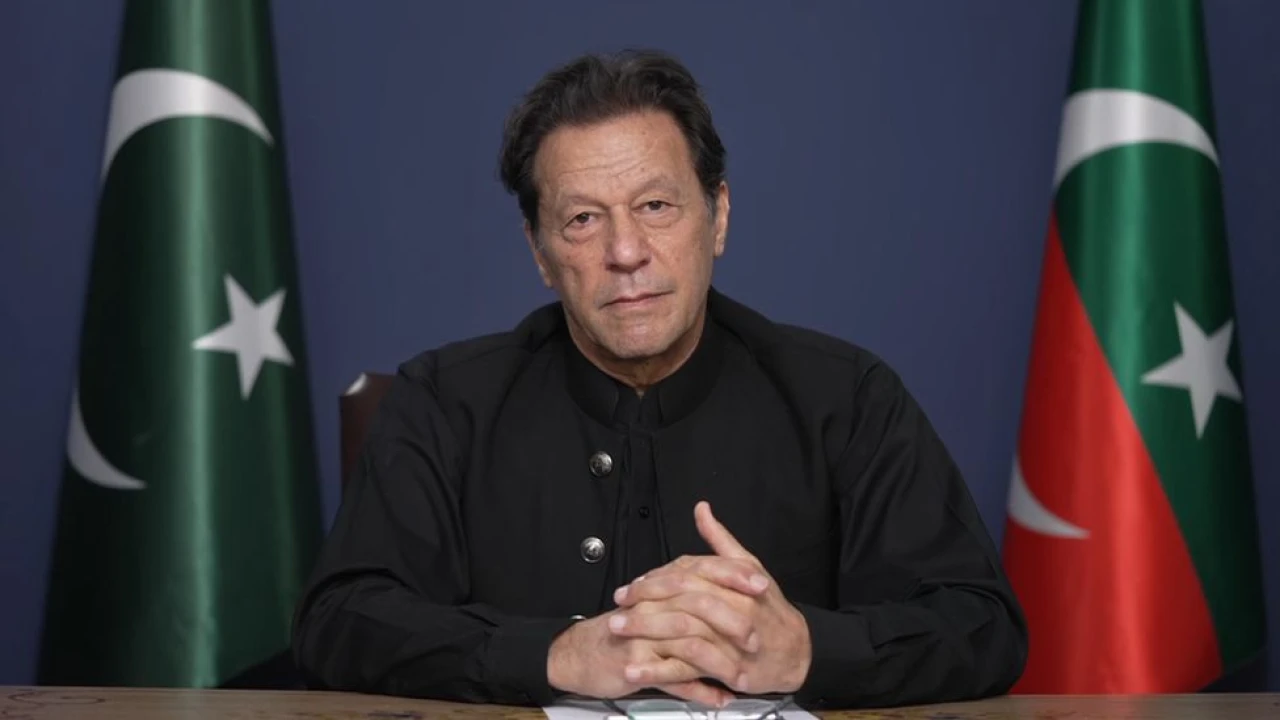Jailed former Pakistan prime minister Imran Khan’s party is being targeted by “systematic dismemberment” and “pre-poll rigging”, a rights watchdog said on Tuesday, casting doubt on the fairness of upcoming elections.
Nomination papers for Imran Khan and the majority of his Pakistan Tehreek-e-Insaf (PTI) party candidates have been rejected by the electoral commission, according to PTI, shutting them out of the February 8 ballot.
“The nature of the rejections seems systematic,” Human Rights Commission of Pakistan (HRCP) official Farhatullah Babar told AFP.
“The way scores of nomination papers were rejected is brazen and the reasons given for the rejections were very flimsy,” he said, adding there was “no room for doubt that pre-poll rigging is taking place.”
Khan, 71, has been in prison since August and is facing trial in a slew of cases he says have been orchestrated to prevent him from contesting the election as the figurehead of his party.
The Electoral Commission of Pakistan rejected his nomination because he had been disqualified from holding office over a graft conviction last year.
But the HRCP said it had documented “harassment” of other PTI candidates attempting to put their names down for the poll.
“After the election takes place there may be a lack of acceptance regarding its fairness” and the new government may not be recognized as “legitimate” by the public, Babar warned.
“This situation could intensify the existing political uncertainty and, ultimately, contribute to a further erosion of human rights.”
Khan – a hugely popular former international cricketer – was ousted by a parliamentary no-confidence vote in April 2022 after falling out with Pakistan’s powerful military leaders.
In opposition he waged an unprecedented campaign of defiance against the top brass, even alleging they plotted an assassination attempt that wounded him.
After Khan’s brief detention in May sparked unrest, PTI has been the subject of a widespread crackdown, with leading figures either jailed or forced to leave the party.
The fate of politicians in Pakistan has historically ridden on their relationship with the military establishment, which has directly ruled the country for much of its history.
Analysts have said Khan rose to power in 2018 with the backing of top generals before their relations soured.
Babar said “the state is perpetrating the same tactics which were employed in 2018’s elections,” which were also marred by allegations of tampering – that time favoring Khan.
Pakistan’s election commission is due to announce the final list of contesting candidates in three weeks.
PTI has pledged to appeal the more than 90 percent of their candidates they said were rejected from running.




